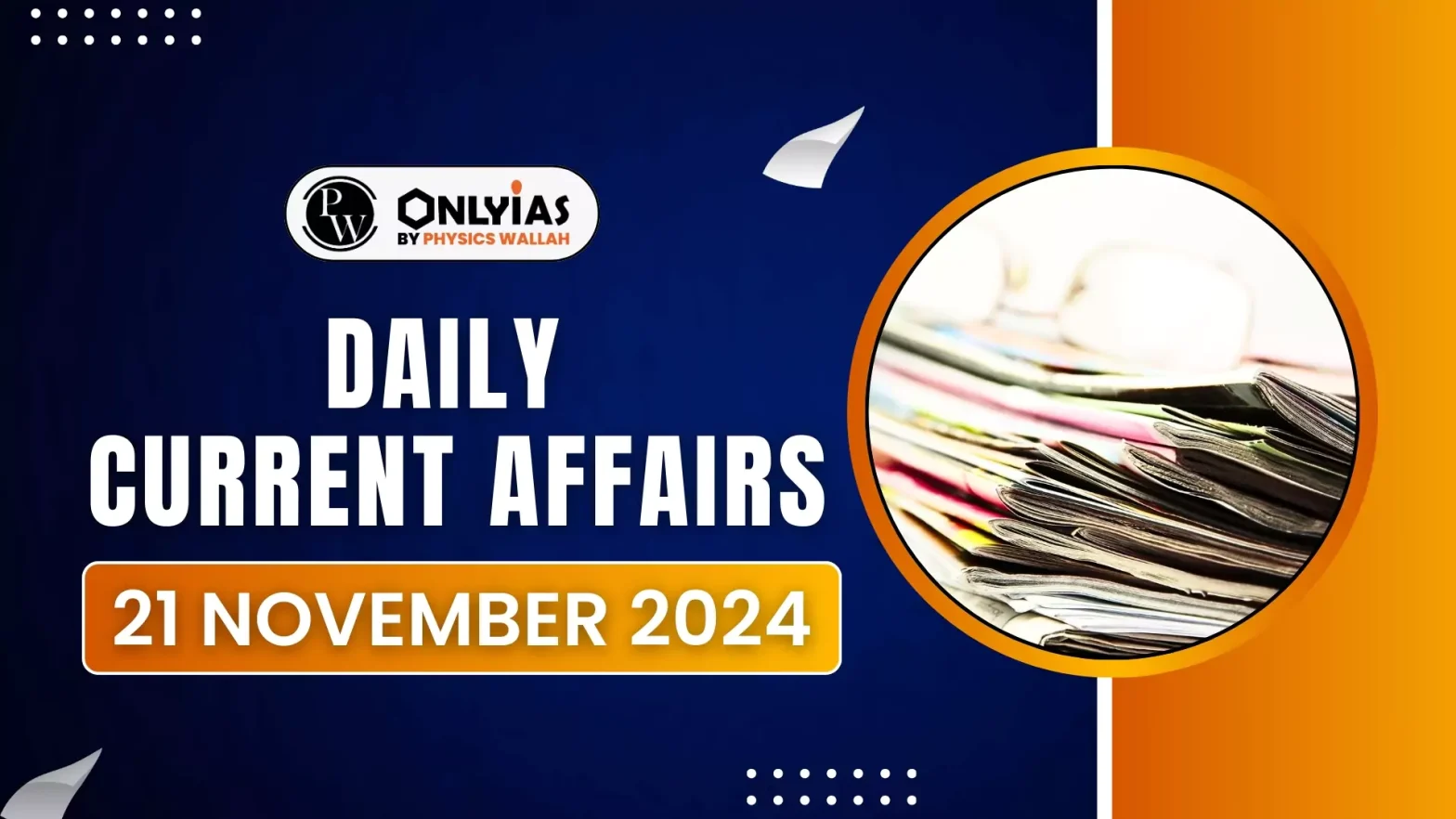The COP29 Presidency introduced the Reducing Methane from Organic Waste Declaration to set sectoral targets to mitigate methane emissions from organic waste.
About the Reducing Methane from Organic Waste Declaration
- This initiative builds on previous climate pledges and aligns with the Global Methane Pledge (GMP) to achieve significant emission reductions by 2030.
- Launch: Announced at COP29 in partnership with the UNEP-convened Climate and Clean Air Coalition (CCAC).
- Signatories: Over 30 countries, including seven of the world’s top 10 methane emitters from organic waste.
- Combined representation from nations responsible for 47% of global methane emissions from organic waste.
- India has not signed the COP29 Declaration.
- Goals: Reduce methane emissions by targeting the organic waste sector.
- Incorporate these targets into future Nationally Determined Contributions (NDCs).
Enroll now for UPSC Online Classes
Focus Areas of the Declaration
- NDC Integration: Including organic waste methane targets in national climate plans.
- Regulation: Establishing robust policies to improve waste management practices.
- Data Enhancement: Strengthening data systems for tracking waste generation and methane emissions.
- Finance: Mobilising funding for waste management and methane reduction initiatives.
- Global Collaboration: Encouraging partnerships for sharing knowledge and best practices.
Priority Actions
- Preventing the generation of organic waste.
- Encouraging separate collection of organic waste.
- Enhancing the management of organic waste in landfills and wastewater systems.
India’s Initiatives to tackle Methane Emission
Gobardhan (Galvanizing Organic Bio-Agro Resources) Scheme: Promotes the conversion of cattle dung and other organic waste into biogas and compost.
Harit Dhara: Focuses on the conservation of water resources and the promotion of sustainable agriculture, which can indirectly reduce methane emissions from agricultural practices.
National Livestock Mission: Promotes initiatives like green fodder production, silage making, and improved feed management to reduce methane emissions from livestock.
National Biogas and Organic Manure Programme: Encourages the use of biogas technology for cooking and lighting, reducing reliance on fossil fuels and methane emissions. |
Check Out UPSC NCERT Textbooks From PW Store
About Methane Emissions
- Methane is the second most abundant anthropogenic greenhouse gas after carbon dioxide (CO2) but it warms the planet more.
- Over a century, methane has a global warming potential 28-times greater than CO2, and even higher over shorter periods like two decades.
- Its Sources: Scientists are increasingly recognising various sources of methane, most of which fit in two categories: biogenic and thermogenic.
- Thermogenic: When fossil fuels such as natural gas or oil are extracted from deep within the earth’s crust, thermogenic methane is released.
- Biogenic: This methane comes from microbial action.
- Methane from Organic Waste:
- Methane is produced by anaerobic digestion of organic waste.
- Anthropogenic activity includes waste and landfills, rice fields, enteric fermentation, oil and gas, and coal.
Additional Reading: Global Methane Pledge (GMP)
![]() 21 Nov 2024
21 Nov 2024
